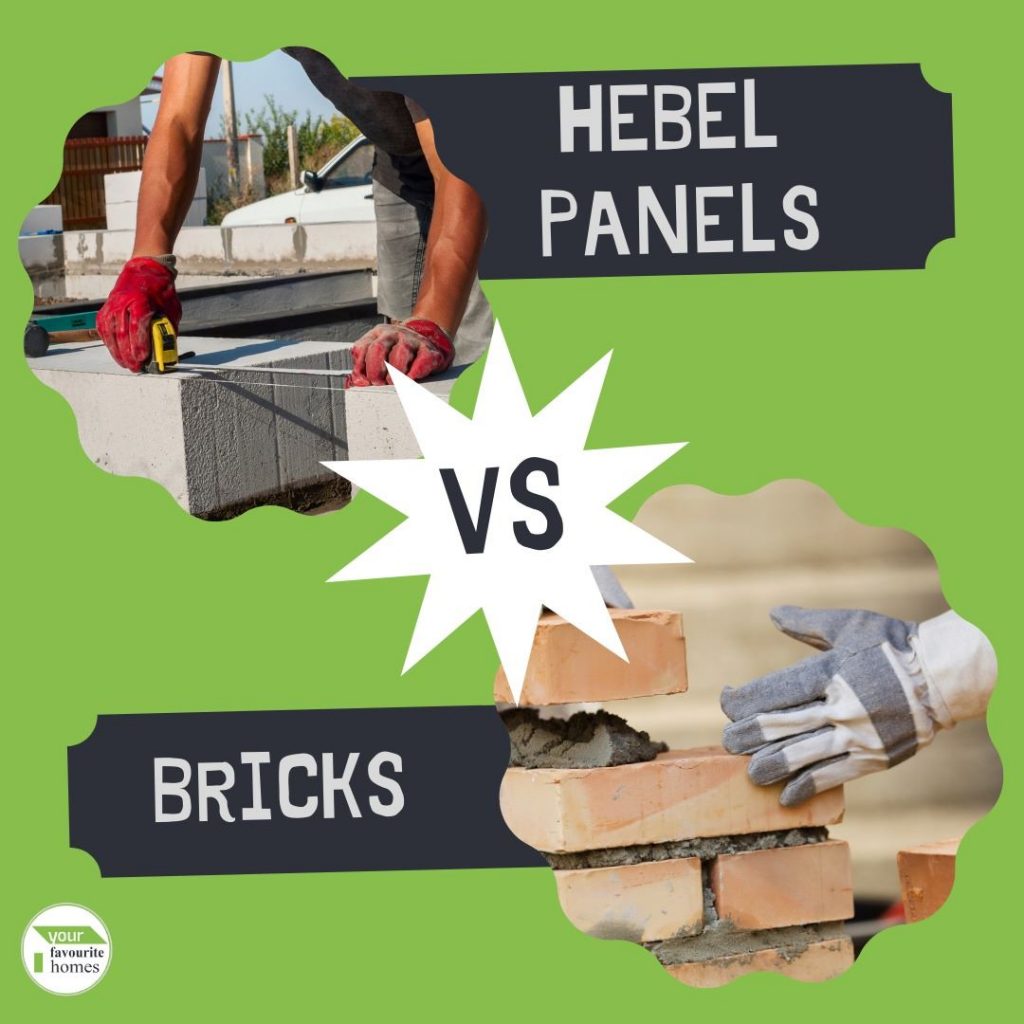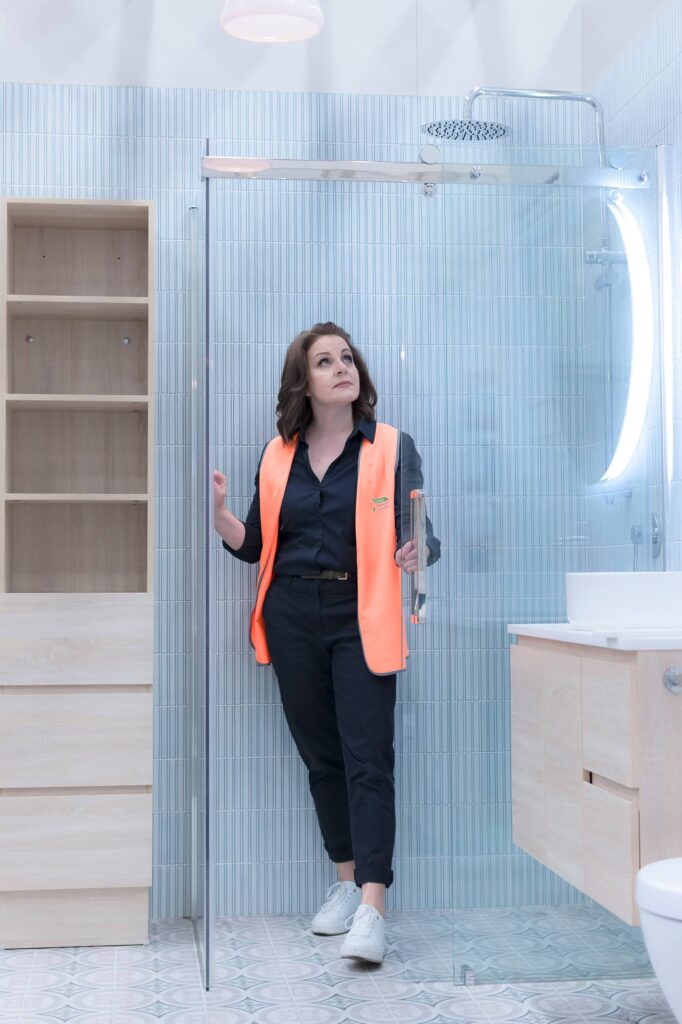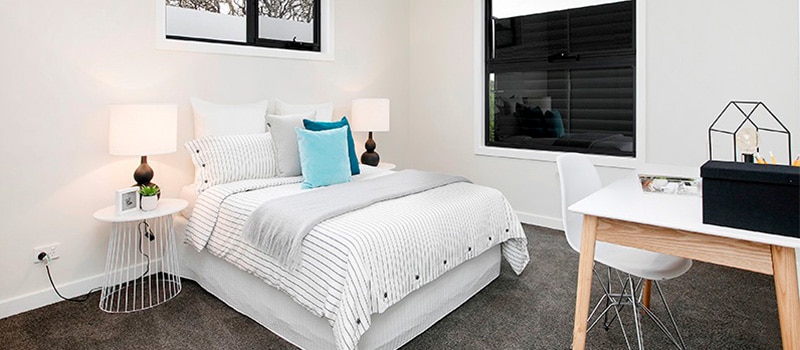We always have options. But also, we tend to always stress out on the right choice we have to make. Will it be easier if you have all your errands done before you watch your favourite film or do you really need that quick movie break right now? Do you want that electric kettle or are you fine with boiling water on the stove top? Is it a lot more convenient to just use blinds for your windows or do you want the vibe that your curtains add to the room? There’s a ton of decisions we’re weighing and making on a daily basis. In a world full of possibilities, it’s a great move to lay out everything before you make your judgement. Now in the talks of building your own home, options are everywhere. From floors to your roof, it will be a crazy ride. YFH wants to help you out on making that easier. What really is the best choice for your walls? Hebel Panels or Bricks? We all know that bricks have been a staple to the industry. It’s been proven and tested for hundreds of years therefore time-tested and experienced. However, since we all are in the era of modernising things, one alternative has been found to be the better choice… well, probably. Let’s do some comparison and find out. As the demand for bricks has gotten higher through the years, the demand for supply and raw materials has also surged. For that reason, alternatives have been put through the test. Various types of cement blocks are available in the market. One of the most used and considered an achievement of the 20th century in the construction industry is AAC blocks. Aerated Concrete Panels are manufactured using Fly ash, a by-product of burning pulverized coal in power plants making this material eco-friendly since it’s been known that disposal of this has been a pain to many. The combination of its high-durability and strength, low weight and ecological features has been revolutionary. On the other hand, standardized red bricks offer a few good things as well. Brick can last a long time under normal conditions. They are made to have a longer life span (about 500 years) compared to Aerated Concrete Panels since red bricks are chemically inactive. However, bricks absorb water easily. Water on its rough surfaces may cause moulds growth if not properly cleaned.
Moreover, bricks are more dense and heavy in weight so the structure that it will be installed in would need more structural steel. Hebel panels are lightweight and do not use natural soil as a raw material so it saves a lot of other expenses relating to structural support. Hebel panels also conduct less heat from the environment and helps in energy conservation. Having said that, if you think it’s all good things about Hebel panels, it’s not. There are also some setbacks that need to be considered. This material requires protective finish (render) since it’s porous and would deteriorate if left exposed. Aerated panels would also need more careful work when joining panels together. Because of its smooth surface, plaster sometimes has a hard time to stick properly. Although bricks are less uniform in size and texture as compared to AAC blocks, it’s still easy to handle and work with and low maintenance. AAC panels will eventually crack or fade in colour. Thus, from time to time this will need to be patched. Taking into account the speed of installation of both materials, bricks are more time consuming. Use of Hebel panels can significantly reduce the construction time of the project. This is made possible due to the large size of blocks and less curing required before plaster.
It’s probably a tough call for some, but YFH recommends the use of Aerated Concrete panels – particularly Hebel. The combination of sand, cement, lime, gypsum with water and an expansion agent gives Hebel its high quality, non-combustible termite resistant properties. Hebel panels are thermally way better than brick and faster to install. Hebel aligns with the trend towards eco-friendly homes, because it uses less embodied energy, produces fewer greenhouse gases and has a lower environmental impact, making it a very sustainable building material. You want to know more about what Hebel panels can do for your new home? Feel free to email ?[email protected] #builder #customhomes #hebelpanels #sustainableliving





